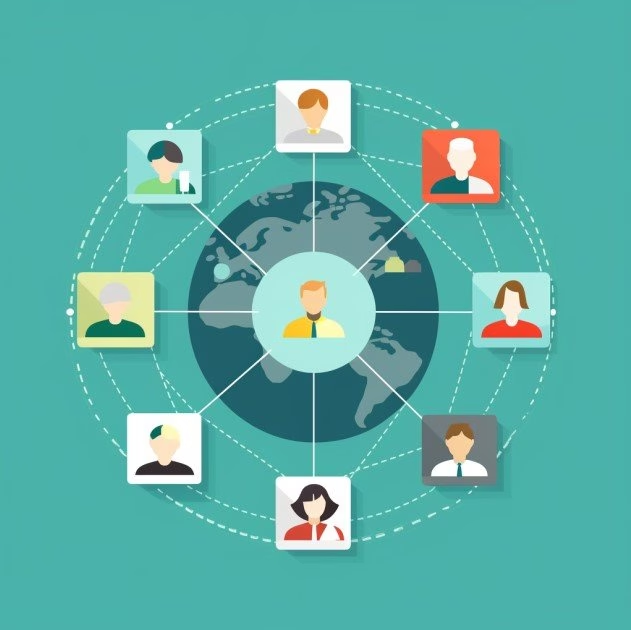Does virtual mean online?
Does virtual mean online what does virtual mean online does virtually mean online what does virtually mean does virtually mean online? What does virtual mean what does the word virtual mean virtual vs online difference between virtual and online what does the word virtually mean virtually meaning online difference between online and virtual meeting what is the difference between virtual and online online or virtual virtual or online virtually online meaning does virtual mean in person is virtual and online the same thing does virtual mean virtual means what is virtually mean is virtual online or in person online and virtual difference virtual vs. Online virtual versus online virtual online meaning what do virtually mean what does virtually mean? Virtual mean what does virtualy mean what does virtually means antonym of virtually what is the word virtual mean virtual what does it mean online mean what virtual means.
Does virtual mean online?
Virtual experiences from online: why professionals in elearning should differentiate virtual experiences from online
In the modern era and in eLearning, the term virtual has nudged its way into everyday discussions. We chat in the office about holding virtual meetings or virtual gatherings. We learn of virtual courses, virtual colleges, virtual conferences, virtual magicians, virtual DJs, virtual trivia, virtual mentalists, etc.

When we use the word “virtual” in general use, we usually mean online, through a digital device. We use “virtual” to describe an activity that does not occur in an in-person, physical environment. “Virtual” is a difference from in-person activities, engagements, and experiences interpreted in this manner. The term “virtual” has another meaning. The word “actual” is an antonym for virtual. When we say something is virtual or a virtual team, we are saying it is not real, without necessarily meaning to (though, perhaps, some do mean it). It’s not true.
How the virtual vs online confusion complicates the job of professionals
I struggle with the unfortunate perception that comes with calling online experiences virtual as an online learning producer. Online interactions can be perceived as bastardized versions of in-person interactions, counterfeit in-person event adaptations, or poor “real” engagement substitutes. When “virtual” web experiences are referred to, they join our conceptual construct as not physical. This unintended connotation will make it even more challenging, and even impossible, to create and execute realistic online interactions. By conceptualizing online products, services, or events as not-actual, the eLearning team can face the uphill battle of having to convince their own stakeholders, course content experts, or other contributors that the result will be meaningful and worthy of the effort.

Another common antonym to virtual in 2025 is “live.” This implies that a virtual experience is a recorded live event. This is unfortunate since virtual events can be live, real time. As an obstacle to the challenge of producing web content, the understanding of technology can beas powerful (or even stronger). In higher education, studies suggest that merely encouraging the adoption of online classes by faculty is a factor in their success. In both fields, it is beneficial to shape a pleasant understanding of online education, not higher ed. Personally, I have collaborated with experts from many fields to offer online trainings and to create spaces for engagement. I found that there areas many individuals who are excited to participate in this work as there are individuals who aren’t at all pleased with the prospect. I found that the challenge before my team is not only to create the course, product or atmosphere for these unwilling collaborators, but to help transform expectations about online interactions. In this process, the language we use plays a part!
If the virtual online will potentially improve
It’s good to examine the perceptions we have and be aware of the ways we might perpetuate negative perceptions of online interactions in our discourse as eLearning professionals. There are times when we can find ourselves agreeing with a negative perception to ease the process or join in the lament of “virtually” or not in-person interaction. Saying “virtual” than “online” belittles the online experience and perpetuates the barriers to our own work.

Everyone involved in eLearning should change your language. Frame online interactions in a manner. Start thinking about all interactions as actual. Just because the participants aren’t all in the same physical room, doesn’t mean it’s “virtual.”
They are not virtual. They are online.
It’s not in-person content transfer, it’s online interface creation. It’s not wishing we could do this in person. It’s reveling in the possibility to reach people through the internet. We can reshape the preconceived idea that online experiences aren’t genuine by reframing the vocabulary we use.
Summing up
To all those who say certain things are virtual, I don’t suggest we can’t use that word at all. The word “virtual” should reflect objects that are virtual. On a virtual platform, we may meet in a virtual room, or craft products, or provide services. Our meetings, aren’t virtual. The learning, training, and entertainment we provide is real. The relationships we have online are real.
Recent Posts
- Cisco Webex
- Virtual Team
- Zoom Calling
- Zoom Fatigue
- Microsoft Teams
- Virtual magician
- Virtual Speakers
- History of Cisco
- Group Video Chat
- Virtual Mentalist
- Cool Virtual Games
- Kickoff Event Ideas
- Zoom Meeting Themes
- Virtual Team Building
- Virtual Holiday Party
- What Is Virtual Magic?
- Why Zoom Is Exhausting
- Fun Virtual Event Ideas
- Zoom Video Conferencing
- Cool College Event Ideas
- Virtual Happy Hour Ideas
- Does Virtual Mean Online?
- Virtual Get Together Ideas
- Virtual Holiday Party Ideas
- What Is Video Conferencing?
- Virtual Event versus Webinar
- Point-to-point Communication
- Types of Virtual Events in 2023
- Icebreakers for Virtual Meetings
- Videoconferencing Tools Compared
- Virtual Happy Hour Themes for Work
- Virtual – My Experience Going Virtual
- How To Host A Virtual Event with Ease
- How to Host A Virtual Fundraising Event
- Benefits of Virtual Events vs In Person
- Virtual Networking Ideas for Large Groups
- How to Promote A Virtual Event | Checklist
- Teleconferencing | How Does A Teleconference Work?
- How to Create A Cheap Video Conferencing Studio at Home
